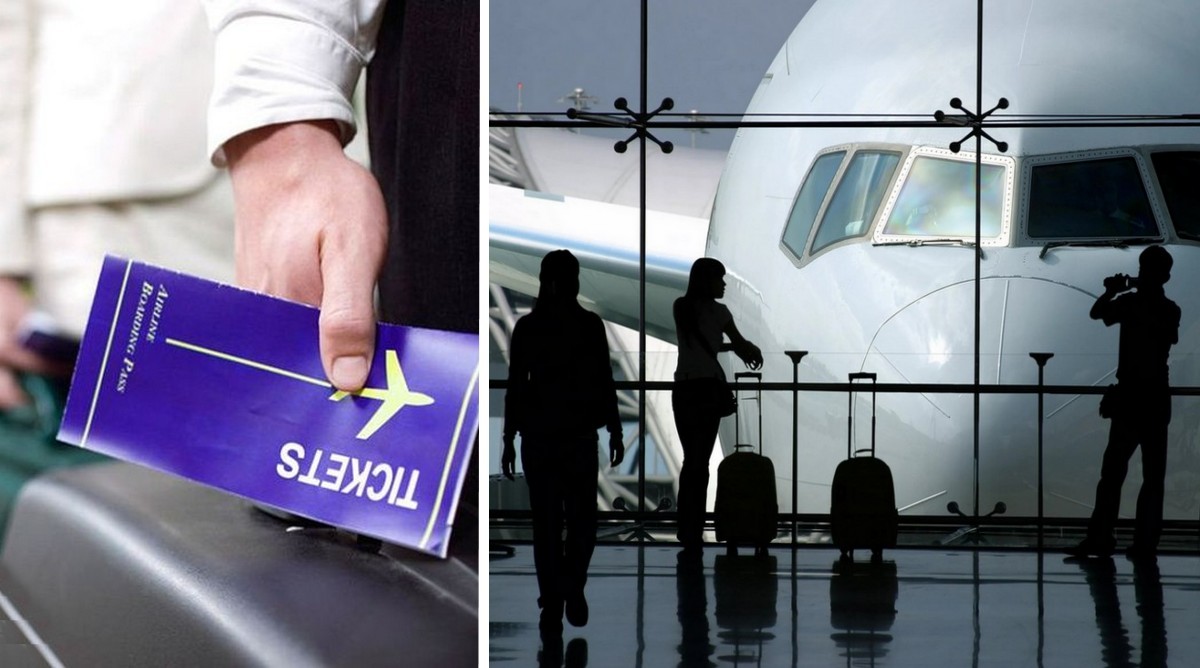The EU has agreed to new rules requiring airlines to use greener fuels and cut emissions, which will inevitably lead to higher airfares.
The European Commission, the bloc’s executive body, said the deal reached by member states and the European Parliament requires suppliers to blend green jet fuel with kerosene in increasing amounts from 2025, according to The Washington Post.
“This step is expected to reduce aircraft carbon emissions by two-thirds by 2050 compared to a ‘no-action scenario’ and deliver climate and air quality benefits through reduced non-CO2 emissions,” the Commission said in a statement.
The Commission reports that the aviation sector accounts for 13.9% of transport emissions to the EU, making it the second largest source of greenhouse gas emissions in the sector after road transport.
The political agreement is part of the EU’s Fit for 55 package, which aims to reduce emissions of global warming gases by at least 55% by 2030.
The EU has also set a goal of achieving climate neutrality by 2050. And therefore it is necessary to reduce emissions from transport by 90% compared to the level of 1990.
“The EU is putting all sectors on the path to climate neutrality by taking the steps needed to meet our 2030 and 2050 climate targets,” said Frans Timmermans, EU Commissioner responsible for the European Green Deal.
According to the agreement, at least 2% of all fuel supplied to airports from 2025 must be environmentally safe, and by the middle of the century, this share will reach 70%.
“The new EU jet fuel mixture must also contain a minimum share of the most modern and environmentally friendly synthetic fuels, which increases over time,” the Commission said.
The agreement now only needs formal approval from EU and member state legislators to enter into force.
As Tripmydream clarifies, plane tickets may become more expensive because, under the new law, air carriers have to pay for permits for greenhouse gas emissions. This is currently a free feature.
The law is already under consideration in the Council of the European Union. The implementation will begin next year, if it is approved by the EU member states.
The innovation is one of the projects of the EU plan to reduce carbon dioxide emissions. European countries want to reduce emissions in the atmosphere by 55% by 2030 and achieve zero pollution by 2050.
Fees will be introduced gradually:
- 2024 – 25%
- 2025 – 50%
- 2026 – 100%
Experts say that aviation will spend 820 billion euros on this. Part of the costs will fall on the shoulders of passengers – flights will cost them many times more.
What happens to the prices of air tickets
Bloomberg analysts predicted that against the backdrop of a full-scale Russian invasion of Ukraine in 2023, airline ticket prices will rise around the world. The increase in tariffs was associated with a change in routes that many countries took to avoid Russian airspace.
The CEO of the Irish low-cost airline Ryanair, Michael O’Leary, has announced an increase in the company’s air ticket prices as early as 2023.

